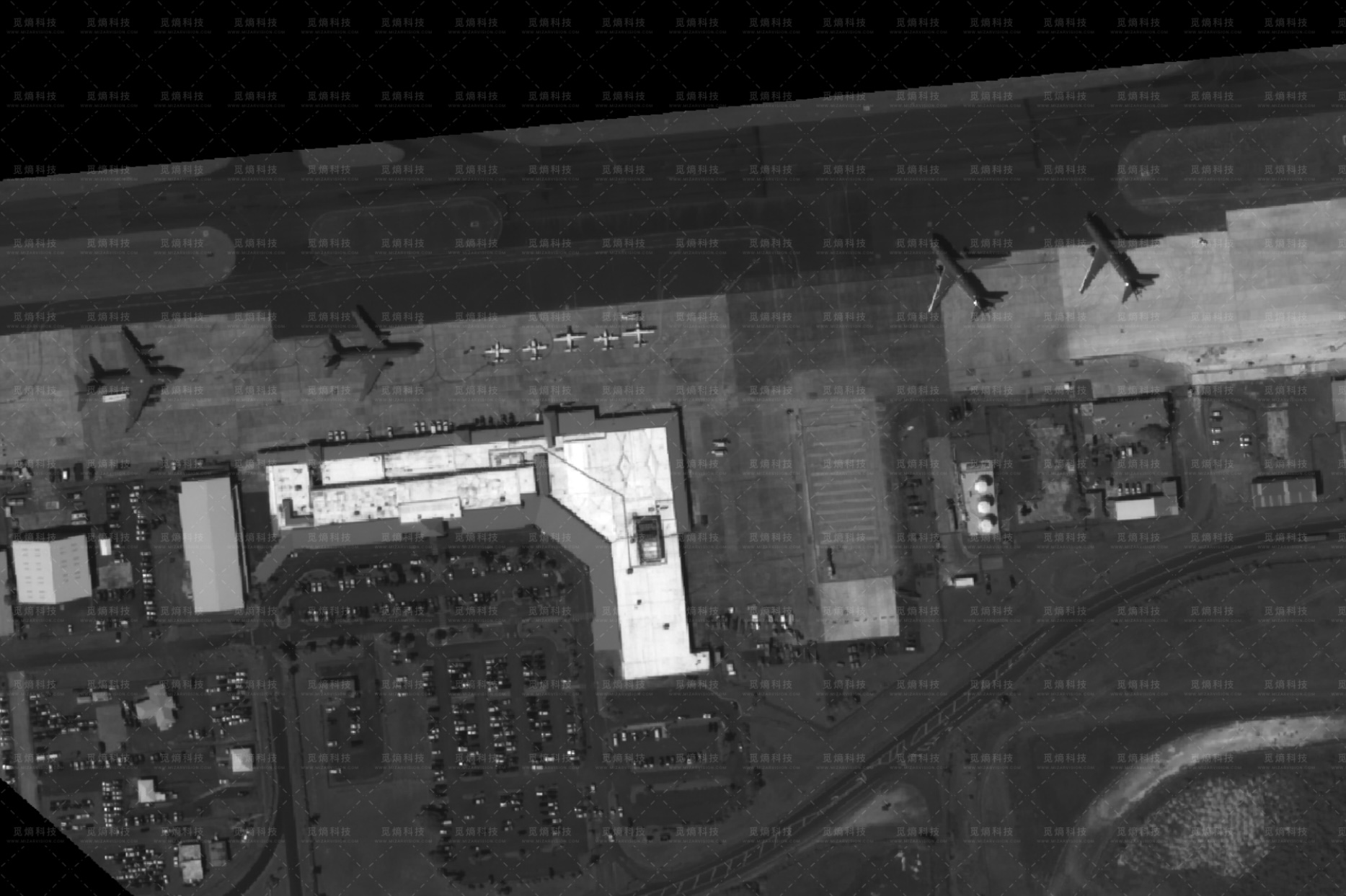Is the US Expanding Its Military Presence in the Caribbean?

Published: 2025-09-17 09:41:32 | Category: Trump GNEWS Search
This week, satellite images revealed the increasing presence of U.S. military support aircraft in the U.S. Virgin Islands, alongside an American missile cruiser docked in Puerto Rico. This military buildup appears to be part of a wider U.S. strategy aimed at countering drug trafficking and exerting pressure on Venezuela. Concerns arise over potential military confrontations as tensions between the U.S. and Venezuelan governments escalate.
Last updated: 30 October 2023 (BST)
Key Takeaways
- U.S. military assets have significantly increased in the Caribbean region.
- The presence of C-17 Globemaster III and KC-46 Pegasus planes indicates enhanced logistical support.
- President Trump has linked military actions to a broader strategy against Venezuelan drug cartels.
- Venezuelan President Maduro has condemned U.S. actions as aggressive and detrimental to diplomatic relations.
- Legal and ethical debates are emerging concerning the U.S. military's ongoing operations.
Overview of the U.S. Military Buildup
The surge of U.S. military forces in the Caribbean marks a significant escalation in Washington's efforts to combat drug trafficking and exert influence in Latin America. Recent satellite images from MizarVision, a Chinese aerospace intelligence firm, depict at least one C-17 Globemaster III military transport aircraft stationed at the Henry E. Rohlsen Airport on St. Croix. Additionally, three KC-46 Pegasus refueling tankers were spotted, suggesting a robust logistical support framework to facilitate U.S. operations in the region.
Recent Military Deployments
Accompanying the air assets, the USS Lake Erie, a Ticonderoga-class guided-missile cruiser, was photographed docked in Ponce, Puerto Rico. This military presence reinforces the notion that the U.S. is prepared for sustained operations in the Caribbean, utilising a range of air and naval capabilities.
U.S. Strikes on Drug Traffickers
President Trump confirmed that U.S. forces have conducted strikes against suspected drug trafficking boats, resulting in multiple casualties linked to Venezuelan criminal organisations. Recent operations reportedly destroyed three boats, with previous actions targeting members of the Tren de Aragua cartel, designated as a terrorist organisation earlier this year.
Trump's Warnings to Venezuela
In a statement from the White House, President Trump urged Venezuela to cease its cartel activities and stop releasing convicts into the U.S. He portrayed the Venezuelan networks as a direct threat to U.S. national security. FBI Director Kash Patel echoed this sentiment, citing the urgent need to confront cartels similarly to how the U.S. responded to al-Qaeda post-9/11.
The Venezuelan Response
In reaction to the U.S. military operations, Venezuelan President Nicolás Maduro condemned the actions as "criminal attacks" and accused Washington of aggression across multiple fronts—judicial, political, diplomatic, and military. He declared that all communication channels with the Trump administration had collapsed, thus exacerbating tensions between the two nations.
Legal and Ethical Debates
The military actions have sparked discussions about the legal and ethical implications of U.S. engagement in Venezuela without congressional approval. Critics argue that the lack of transparency regarding the evidence used to justify military operations raises serious concerns about accountability and the potential for unintended consequences.
Expanding U.S. Presence Across the Caribbean
Beyond the visible military assets in Puerto Rico and the U.S. Virgin Islands, the U.S. has deployed extensive resources throughout the Caribbean. The Iwo Jima Amphibious Ready Group, alongside several destroyers, F-35 fighters, MQ-9 drones, and a fast-attack submarine, has increased pressure on the Maduro government, potentially setting the stage for further escalations in the region.
What This Means for U.S.-Venezuela Relations
The growing military presence highlights a shift in dynamics between the U.S. and Venezuela, as operations in the Caribbean are being positioned as a necessary countermeasure against illicit activities. The U.S. is signalling that it will maintain a visible military stance, possibly leading to heightened confrontations as Venezuela perceives these moves as a threat to its sovereignty.
What Happens Next?
With U.S. warships in Puerto Rican ports and military aircraft stationed in the U.S. Virgin Islands, the situation is evolving into a highly visible military standoff. The implications of this buildup remain uncertain, but it underscores the potential for direct military confrontations and risks entangling the U.S. in a prolonged conflict in the Caribbean.
FAQs
Why is the U.S. increasing its military presence in the Caribbean?
The U.S. is increasing its military presence in the Caribbean primarily to combat drug trafficking and exert pressure on the Venezuelan government, which it accuses of colluding with criminal organisations.
What military assets are currently deployed in the region?
Key military assets include C-17 Globemaster III transport aircraft, KC-46 Pegasus refueling tankers, the USS Lake Erie missile cruiser, F-35 fighters, and various naval destroyers and submarines.
What has been the response from the Venezuelan government?
The Venezuelan government, led by President Nicolás Maduro, has condemned U.S. military actions as aggressive and a violation of its sovereignty, stating that diplomatic communications have ceased.
What are the legal implications of U.S. military actions without congressional approval?
The legality of U.S. military actions without congressional approval raises significant concerns, as critics argue it undermines democratic oversight and accountability, with potential risks of escalating conflicts.
How has President Trump linked military action to national security?
President Trump links military action to national security by asserting that Venezuelan drug cartels pose a direct threat to U.S. interests, urging action comparable to the response to terrorism after 9/11.
As tensions escalate and military operations continue, the situation in the Caribbean remains fluid. The U.S. military's expanding footprint could redefine regional dynamics and influence future diplomatic relations with Venezuela and beyond. #USMilitary #Venezuela #CaribbeanConflict



